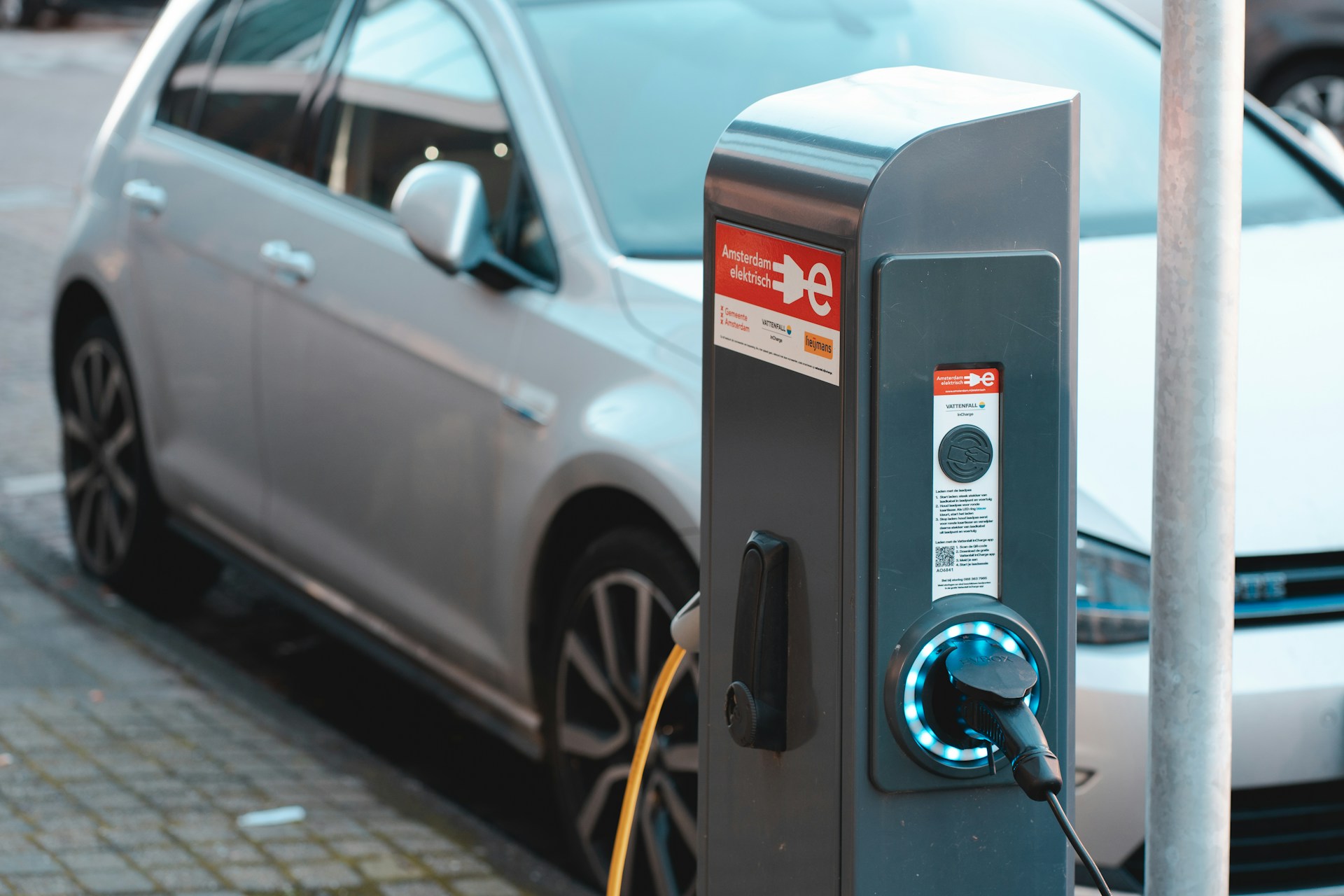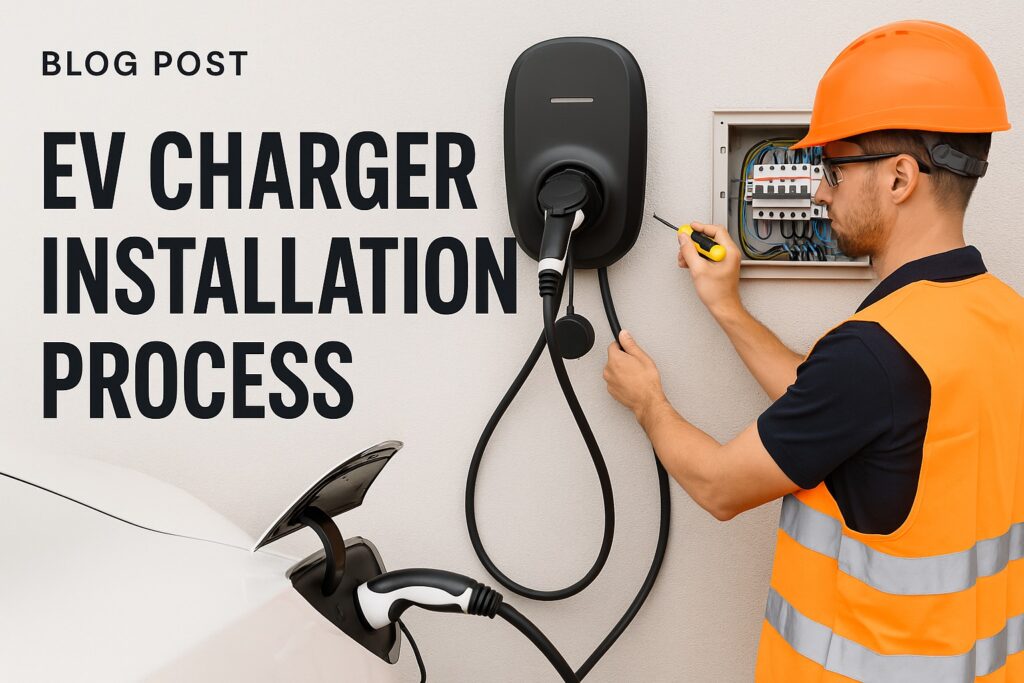The transition to electric vehicles (EVs) represents a significant step in reducing our carbon footprint and fostering sustainable transportation. However, the widespread adoption of EVs hinges on the availability and accessibility of charging infrastructure. Recognising this, governments, and private entities have introduced various incentives to accelerate the deployment of EV chargers. This article delves into the various aspects of electric vehicle charging incentives, including EV charger grants, government incentives, rebates, and the financial benefits of charger installation. We aim to highlight the different types of funding available and whether can get the installation of your EV charging infrastructure subsidised.
EV Charger Grants
EV charger grants are provided by the government to support the installation of charging stations. A notable example is the Electric Vehicle Homecharge Scheme (EVHS), which offers up to £350 off the cost of purchasing and installing a home charging point. Similarly, the Workplace Charging Scheme (WCS) provides grants for businesses, charities, and public sector organisations to install charging points at workplaces. These grants help reduce installation costs significantly, but are subject to availability and specific eligibility criteria.
Government Incentives for Chargers
The UK government has introduced various incentives to encourage the development of EV charging stations. The On-Street Residential Chargepoint Scheme, for example, is designed to fund local authorities to install EV charging points in residential areas without private parking. Additionally, the government offers reduced electricity tariffs for EV charging during off-peak hours, making it more affordable for EV owners. These incentives are vital for expanding the charging network, although their impact and availability can vary across different regions.
Rebates for EV Chargers
While direct rebates for EV chargers are less common than grants, certain local authorities and regions may offer additional incentives or funding opportunities. These are often designed to complement national schemes and help address specific local needs and priorities. As with grants, these rebates are subject to availability and can vary in terms of the extent of coverage and eligibility requirements. If you have recently installed EV charging infrastructure we would recommend you contact your local council to establish if there is any funding available as you may still be eligible for a rebate.
Financial Benefits for Charger Installation
Installing EV chargers may be a significant financial outlay but is an investment and may also provide indirect financial benefits. For homeowners, the presence of a charging station can enhance property value and appeal. In the commercial sector, businesses that install charging stations can attract EV-driving customers and potentially generate additional revenue through charging services. Workplace charging can also be a very attractive perk to attract talent to a business. The initial investment and ongoing operational costs are important considerations, but the long-term benefits, including potential government support, can make these installations financially viable.
Conclusion
Navigating the incentives for EV charging infrastructure is crucial for anyone involved in the EV sector or considering the switch to electric vehicles. Understanding the specific schemes like the EVHS, WCS, and local government initiatives, as well as the broader financial implications, is key to making informed decisions in the rapidly evolving landscape of sustainable transportation. As the UK continues to advance its green agenda, staying updated on these developments will be essential for leveraging the opportunities presented by the growth of electric vehicles.



